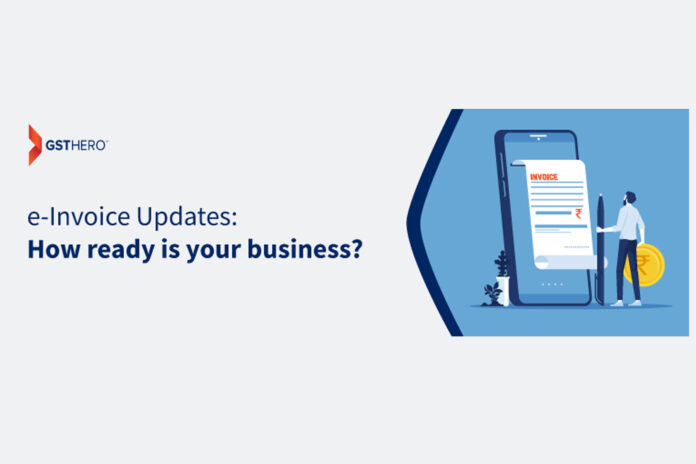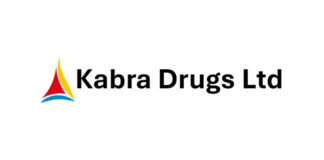Soon, companies will have to provide e-Invoices if their yearly revenue exceeds 10 crore rupees and 5 crore rupees, respectively.
In addition, companies with annual revenue of more than 20 crore rupees are required to use e-Invoices.
During the five-year GST celebration on July 1, taxpayers again brought attention to the problem. Vivek Johri, the chairman of the Central Board of Indirect Taxes and Customs (CBIC), responded by saying, “One of the presenters mentioned decreasing the barrier for e-invoices to 5 crores, that is the decision already been made, and it is about to be implemented.”
According to Revenue Secretary Tarun Bajaj, E-invoicing reportedly began with companies with a ₹ 500 cr yearly revenue and was then scaled back to ₹ 100 and ₹ 20 cr. The current strategy is to reduce it first to 10 crores and eventually to 5 crores.
“A timeline for lowering the threshold to 10 crores is set out, but before that, we want the IT system to be stable. In addition, we need to ensure that our IT system is effective since there will likely be an increase in valuations between 10 and 20 crores. In an interview with BusinessLine, he stated that GSTN was putting the plan together and that it should be ready in the next three to four months.
According to MS Mani, Partner, Deloitte India, the number of organisations in the range of Rs 5 crore to Rs 20 crore would be pretty significant; hence reducing the barrier for e-invoicing will also significantly increase the number of GST registrants. According to Mani, one of the declared goals of the GST is to increase the base of taxpayers.
Advantages of GST E-Invoice for Government and Businesses
- E-invoicing allows suppliers to track bills in real-time. And this accelerates the availability of input tax credits (ITC).
- E-invoicing simplifies generating the e-way bill because the taxpayer only needs to update data. The data in Part-A of the e-way bill will be auto-generated from the GST portal.
- e-Invoices are created in a standard format; another may read an invoice issued by one programme. And This facilitates interoperability.
- The invoice will be uploaded on the GST site as part of the e-invoicing system, allowing for multifunction reporting. Once validated, all invoices will be transmitted in real-time to the GST site and e-way bill portal.
Ramaswamy added, “Despite the advantages of e-invoicing, companies with a turnover of at least Rs 20 crore have recently begun adapting to the system. GST e-invoicing necessitates financial investment in technology and considerable staff education and awareness-raising.
Small and medium-sized enterprises (SMEs) with a revenue of less than Rs 5 crore might not be digitally aware or have the skilled staff needed to accomplish this shift smoothly. Therefore, the Government could oppose this decision because not all of them would be able to use GST e-invoicing immediately.”
“It could be more practical to introduce this gradually, starting with sales exceeding Rs 10 crore and moving up to Rs 5 crore later. The period given to firms to adopt GST e-invoicing should be extended if the Government is eager to cut the limit immediately to Rs 5 crore to facilitate a seamless transition, “He said.
Get the best e-Invoicing Solutions from GSTHero
GSTHero makes complex GST government portals easy for users across India. GSTHero offers online GST Return filing, GSTR 2A/2B Reconciliation Software, e-Invoice Software, and an e-Way Bill Automation Software.
- We provide 1-click e-invoice generation from ERP.
- GSTR Filing and E-Way Billing through 100% Automated software.
- We save data for years because the government portal only keeps it for 48 hours.
- GSTHero offers 24-hour help for customers’ queries.
If you need best e-invoicing software – connector for your existing accounting software like Tally/SAP or any other ERP, you can contact us at gsthero.com











